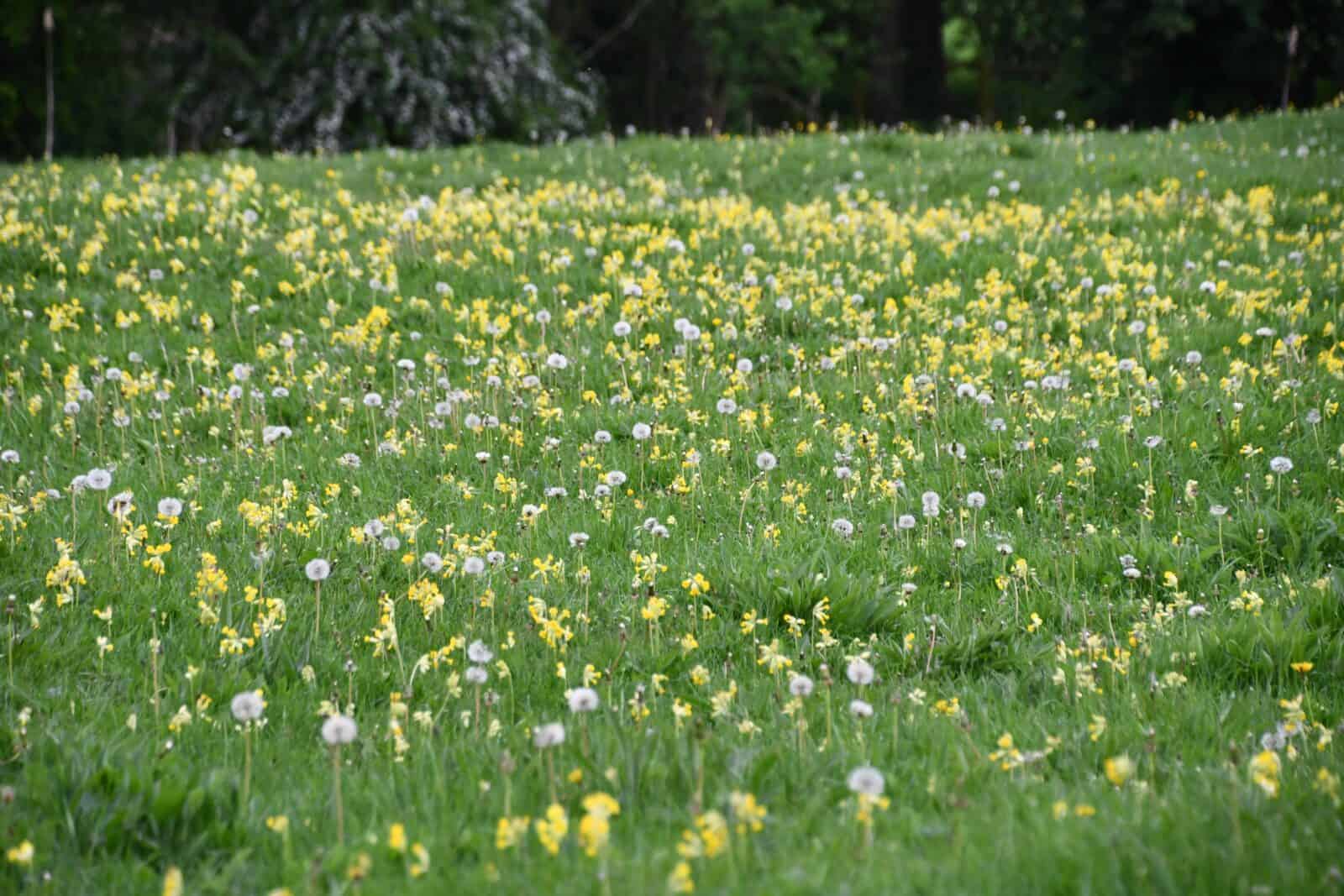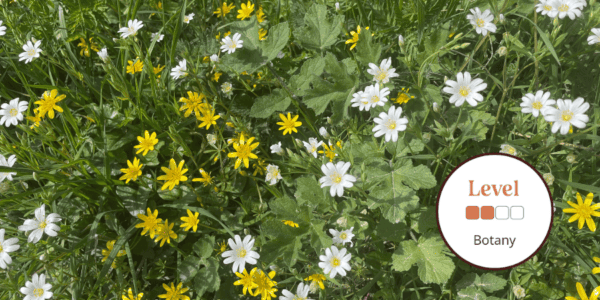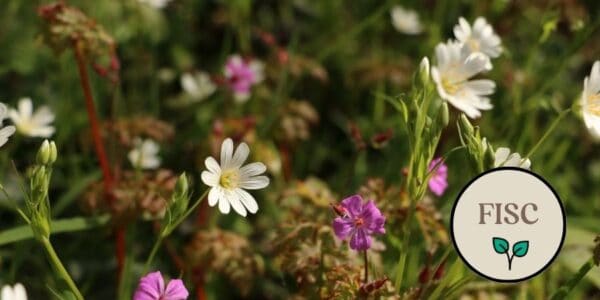Empirical methods for evaluating the ecological value of a site are an increasingly important element of nature conservation. This site assessment course will allow you to gain an understanding of the methods used in assessing site quality using vegetation.
Reporting of the local or national value of a development site, favourable or unfavourable status, the outcome of management practices and the long-term effects of environmental and climate change increasingly rely on evidence-based approaches. The purpose of this course is to explore the use of botanical data in making such assessments.
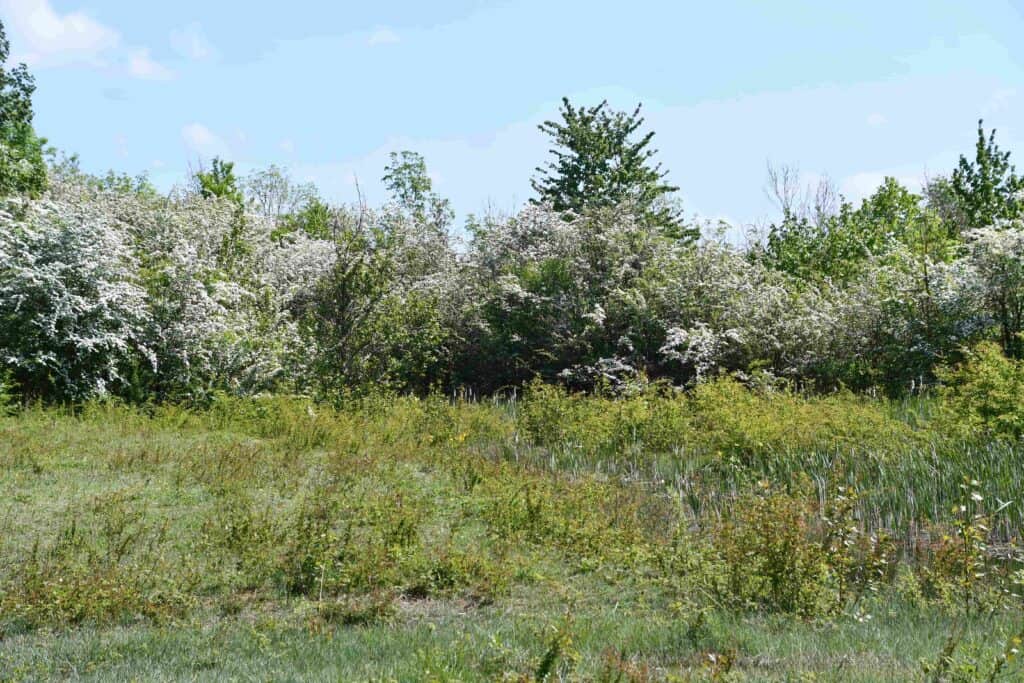
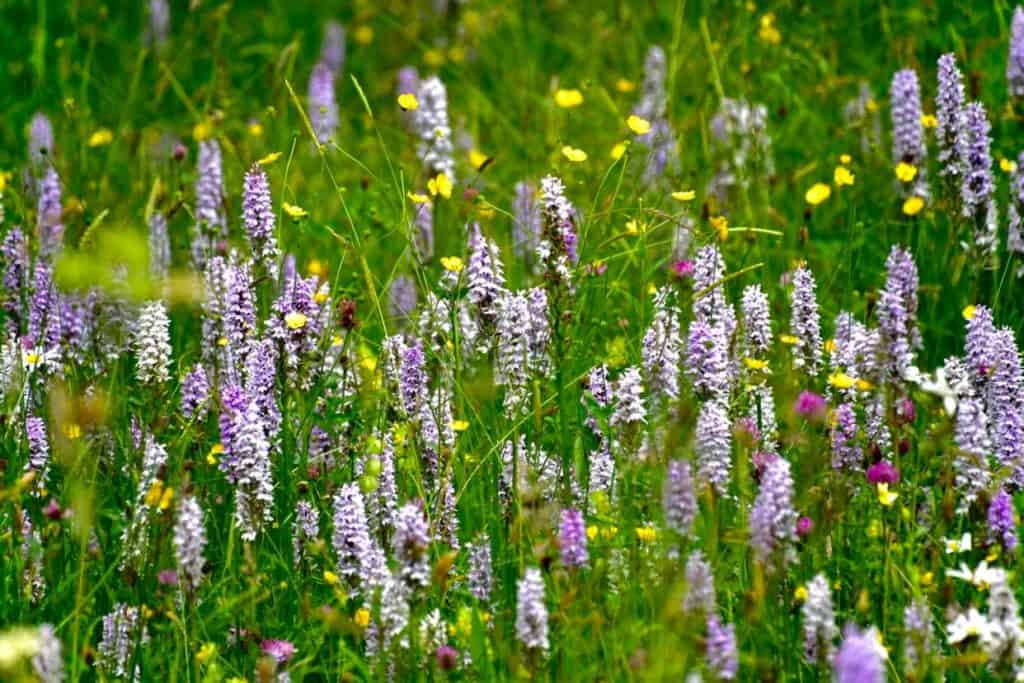
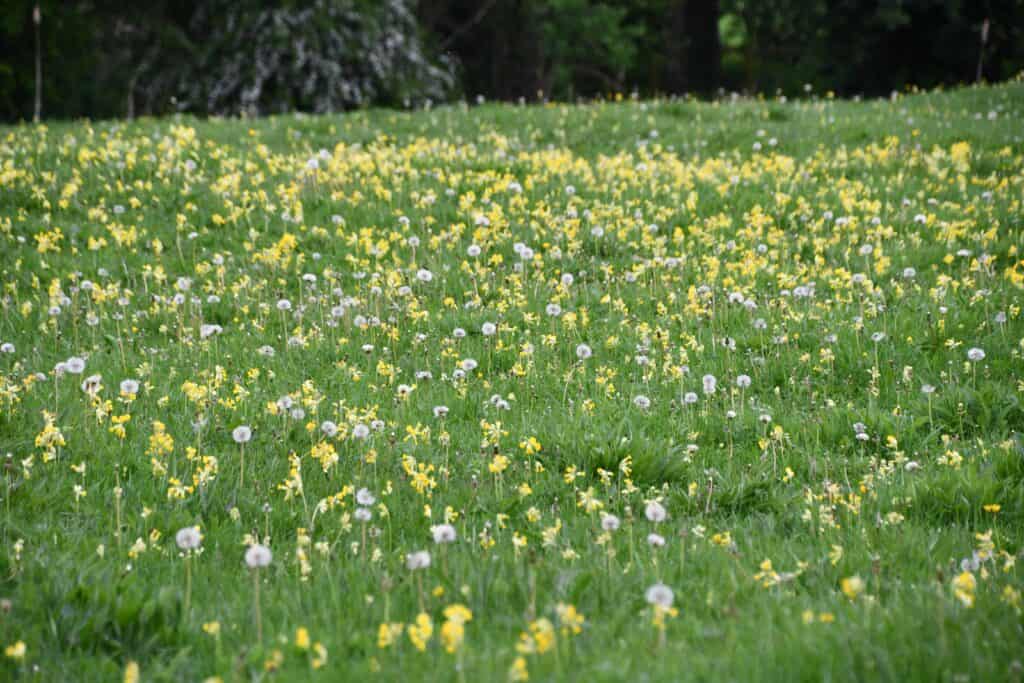
Read More
The accurate discrimination of good quality habitats versus poorer habitats is essential to making good conservation and planning decisions, and can have knock on effects to biodiversity and economics if poorly undertaken. This course will equip you with the skills needed to assess the habitats you encounter, alongside the ability to report and action these findings. Phytosociological techniques are essential skills needed for good employability and are recognised by the private, government, and charitable environmental sector.
The course will cover survey and recording techniques, data analysis and methods of evaluating sites including botanical species lists, phase 1 habitat survey, British plant communities, National Vegetation Classification (NVC), and how to put the information into context. There will be lectures, fieldwork and study sessions involving data analysis.
This is not an identification course and to get the most out of it you should be familiar with botanical identification to a reasonable level. Some computer skills are also required.
What will be covered during this course?
The course will be delivered through a combination of seminars, laboratory identification sessions and practical field work.
- The history of phytosociology.
- Phase 1 surveys; its use as surveys and monitoring tools. Critical analysis of the value of Phase 1 surveys in vegtation assessment, its use in the field, and how to analyse associated data.
- National Vegetation Classification (NVC); its use as surveys and monitoring tools. Critical analysis of the method, its use in the field, and how to analyse associated data.
- Other vegetation surveying methods such as ditch survey methods; European habitat methods.
- The use of plant indicators to surveying, surveillance and monitoring.
- The role of Axiophytes as indicators of habitats of conservation importance.
- Rarity and threat to determine the conservation of plant species.
Surveying techniques and critique. - Awareness of published resources for the identification of species and vegetation including handbooks, cribs and general guides.
By the end of the course, you will be able to:
- Design, justify and carry out a survey or sampling strategy for the assessment of a site for vegetation, and present the results appropriately.
- Critically evaluate the use of plant indicator species in survey and monitoring including rarity and threat to determine conservation status.
Who Should Attend? – Natural history enthusiasts, students, rangers, ecologists, and environmental professionals. This intermediate level course is open to anyone with some knowledge of the subject. This course is for those aged 18 and over only.
Knowledge Level – Intermediate. Level descriptors can be found on the following web-page: Framework and Course Level Descriptors
Your course will take place on the 12-hectare estate of the Preston Montford Centre, surrounded by a rich range of habitats including the River Severn and semi-ancient woodland, set in the heart of Shropshire.
There are three booking options which all include course tuition, meals and refreshments:
- Non-Resident (Breakfast not included)
- Resident (Sole Occupancy)
For course bookings including accommodation please note bathroom facilities may be shared.
MMU Student Information
MMU students – please email [email protected] to book your course place.
Accreditation
This is one of a series of courses (units) run jointly with Manchester Metropolitan University (MMU) contributing to the MSc Biological Recording and Ecological Monitoring and the Postgraduate Certificate in Biological Recording. MMU students complete assessed work after the course. For further details about Manchester Metropolitan University degree programmes please contact:
Department of Natural Sciences, Manchester Metropolitan University, (Shrewsbury Office). Email: [email protected]
- See the ‘Example Timetable’ and ‘What’s Included’ sections below for more information about this course.
- Upon booking you will need to provide individual details of all attendees.
- Please email [email protected] if you have any questions.
Assessment
For Manchester Metropolitan University students, the Unit will be assessed through, for example, identification tests, survey reports, field journals, production of keys, essays or other forms of assessment. In course tests are optional and less formal for participants who are not MMU students.
MMU students will be expected to design, justify and carry out an appropriate survey or sampling strategy for the assessment of a site for vegetation. Students will need to justify the methods chosen with reference to appropriate literature, logistical and practical constraints, and present the results appropriately. Students will be expected to carry out some data analysis on the results, and present these in the most appropriate way. This report will constitute approximately 2000 words.
Example Timetable
This timetable is subject to change but should give an outline of what to expect.
If you have booked accommodation with the centre your bedroom will be ready from 3.00 pm onwards on the day of arrival and we ask that you vacate by 9.30 am on the morning of departure.
If numbers are sufficient a station pick up will be arranged at 5.30 pm from Shrewsbury Station.
Please arrive in time for the evening meal is at 6.30 pm on Friday
The course starts after dinner with a classroom session 7.30 pm - 9.00 pm
The course ends at 4.00 pm on the final day.
Example Timetable
Friday
19:30-21:00. Introduction to vegetation surveying techniques.
Saturday
09:30-10:30. Introduction to Phase 1 habitat surveying.
11:00-17:30. On site at local species rich grassland, we will map and identify the Phase 1 habitats present, as well as compile a species list for the whole site. Working in small groups and with help from both tutors.
18:00-19:30 Free time and dinner.
19:30-21:00 Reviewing maps drawn, finalising species lists.
Sunday
09:30-10:30 Introduction to NVC surveying
11:00-17:30. On site at local species rich grassland, we will map and identify the NVC habitats present. Working in small groups and with help from both tutors.
18:00-19:30 Free time and dinner.
19:30-21:00 Reviewing maps drawn, analysing data collected.
Monday
09:30-11:00 Finish analysis of NVC habitats present, understanding of their individual importance.
11:20-12:30 Lecture on Putting sites into context, utilising species data and habitat maps.
13:30-16:00 Overview of writing a report based on these findings.
Plentiful opportunities for breaks taken during the day as appropriate
What's Included
- Classroom learning covering the theory of the subject
- Field excursions to apply new knowledge
- Expert tuition for which we are renowned
- Clear objectives and progression
- All meals provided
For course bookings including full board accommodation, please note bathroom facilities maybe be shared
Bursaries and Subsidies
Natural History Bursaries
There are a number of natural history bursaries available to help with the cost of your course. To find out if you and your chosen course are eligible, read more here.
Before You Attend
There will be a member of staff with first aid training and access to a first aid kit on site. If you have special medical or access requirements, please let us know as soon as possible so we can make any necessary adjustments.
What to Bring
- A laptop computer is essential (we have a few available, but these must be booked before the course). Wireless internet connectivity and the ability to take and download photographs is an advantage.
- Warm waterproof clothing and sensible footwear are advisable for the fieldwork elements.
- A waterproof clipboard.
- A sandwich box, flask and/or water bottle and a bag to carry your kit.
- Your favourite Field Guide is optional but handy.
Useful Books
- It is useful to have access to the NVC books: Rodwell, J.S. (ed) 1991-2000. British Plant Communities Vols 1-5. Cambridge University Press, Cambridge (copies will be available for use during the course but are not always available for loan).
- Identification guides such as: The Wild Flower Key by Francis Rose (Warne, 2006) and the New Flora of the British Isles by Clive Stace (3rd Edition 2010 or 4th Edition 2019) will also be available during the course, but you might want your own copies at home.
Opportunities to attend this course
-
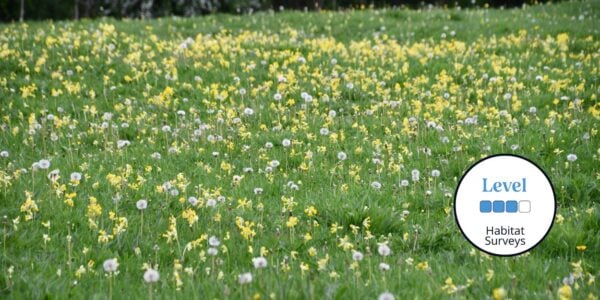
Fri 05, July 2024 18:30 - Mon 08, July 2024 16:00
MMU students - please email [email protected] to book your course place.
Progress Your Learning
This is a training course from the Field Studies Council, delivered by expert tutors with an approachable learning style. After attending this course, you may like to progress your learning with further relevant courses or branch out into other areas of natural history. The Field Studies Council offers both online and in person courses, so you can choose the learning style that suits you best.
The course gives you the opportunity to immerse yourself in a new subject and acquire novel skills. Our online portal gives you time to study at your own pace and fit the lessons around your own schedule.
If you have any questions about our online courses please check our Frequently Asked Questions
Please email [email protected] if you have any questions.
Group Bookings Made Easy
If you have a group of 10 or more individuals wanting to complete one of our courses, our team are available to discuss your options – from discounts to private team courses. Find out more!
You can rest assured that the absolute best content from an expert in environmental education will be at your fingertips. In choosing a Field Studies Council course, you will be joining thousands of people who learn with us each year.

